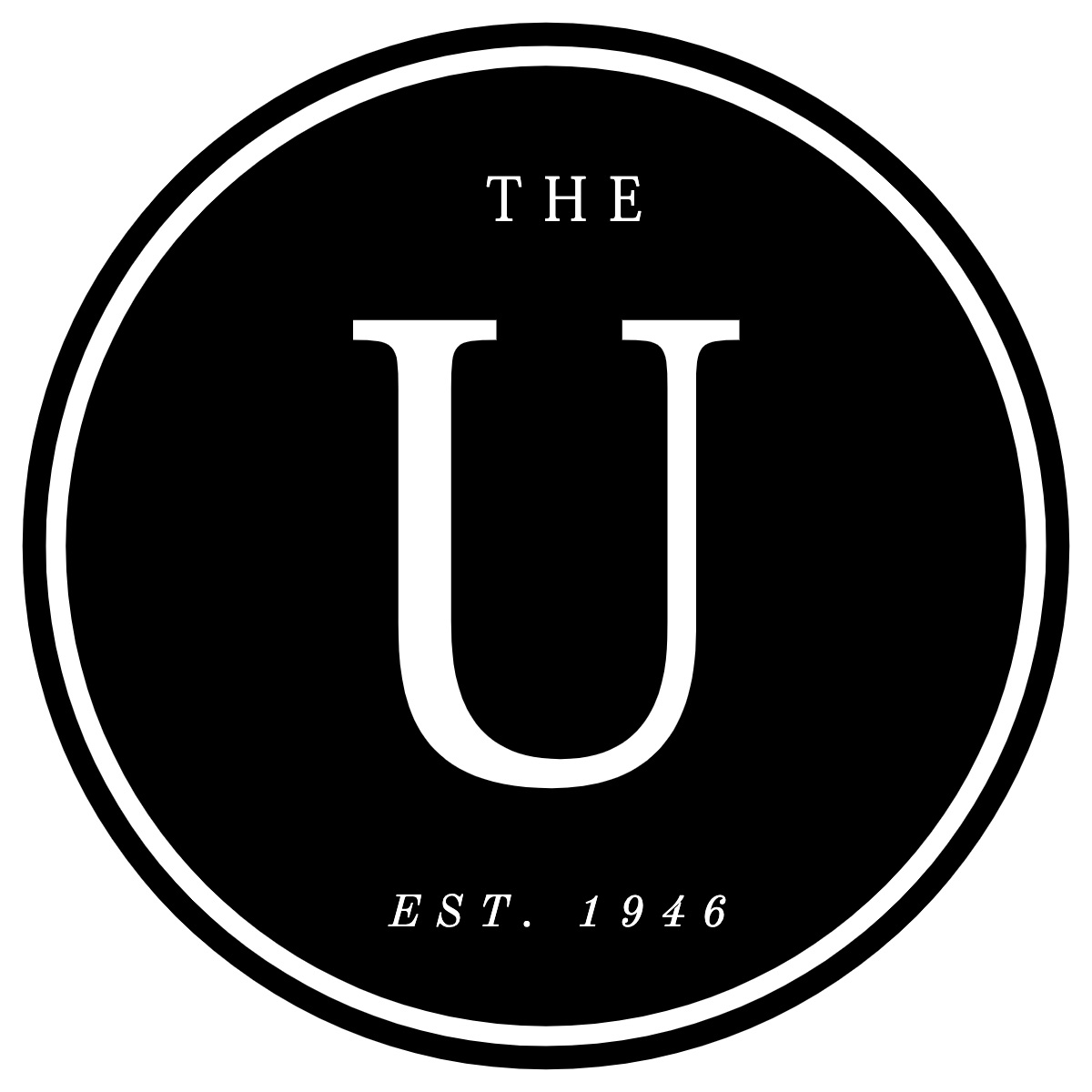Students and faculty may have a high tech tool at their disposal as EC discusses the campus-wide implementation of Turnitin.com.
In an effort to curb student plagiarism, the program has been adopted by schools nationwide. EC now hopes to subscribe to the service as well, but the cost of the service poses a problem.
“We’re still trying to fight for it,” Pete Marcoux, English professor who spearheads the effort to bring Turnitin to EC, said.
The school has been quoted a price of $14,000 for a year’s subscription to the service.
Turnitin is a plagiarism detection program for academic papers.
The service draws from every published article on the Web as well as their constantly- growing archive of more than 15 million papers.
Institutions pay for a yearly subscription, which allows teachers to collect students’ work online and have it automatically screened for plagiarized content.
On the site itself, one may turn in a paper either by uploading the file or by cutting and pasting the text.
Many students shudder at the idea of plagiarizing a paper, but some do make that choice.
“Even good students, under enough stress, will turn to plagiarism,” English professor Cynthia Somin said.
The service is meant not only as a way for teachers to keep tabs on their students’ work, but as a tool with which students can improve their own writing.
“Sometimes you forget to cite or you do it wrong, so if you’re writing a research paper, it really helps,” Samantha Freitas, undecided major, said.
Sometimes, students’ writing is worded the same as another author’s by sheer coincidence.
For some, the site may be more effort than it is worth, if the only recommended method of turning in a paper is through the site, problems may arise.
“I don’t have an Internet connection at home so I have to go to internet cafes. It’s kind of a hassle,” Freitas said.
Aversion to the program is not only based on students’ fear of being caught plagiarizing, but also a concern about invasion of privacy.
“I’ve used it, in my online classes especially. One student dropped because he thought it was illegal,” Marcoux said.
The student was concerned with the legality of the program under the Family Educational Rights and Privacy Act (FERPA) which protects the privacy of student education records.
While schools are now using more sophisticated means to crack down on plagiarism, the best defense is honesty.
“If they know they’re being held accountable, maybe they won’t wait until the last minute and let that horrible desperation set in,” Somin said.
